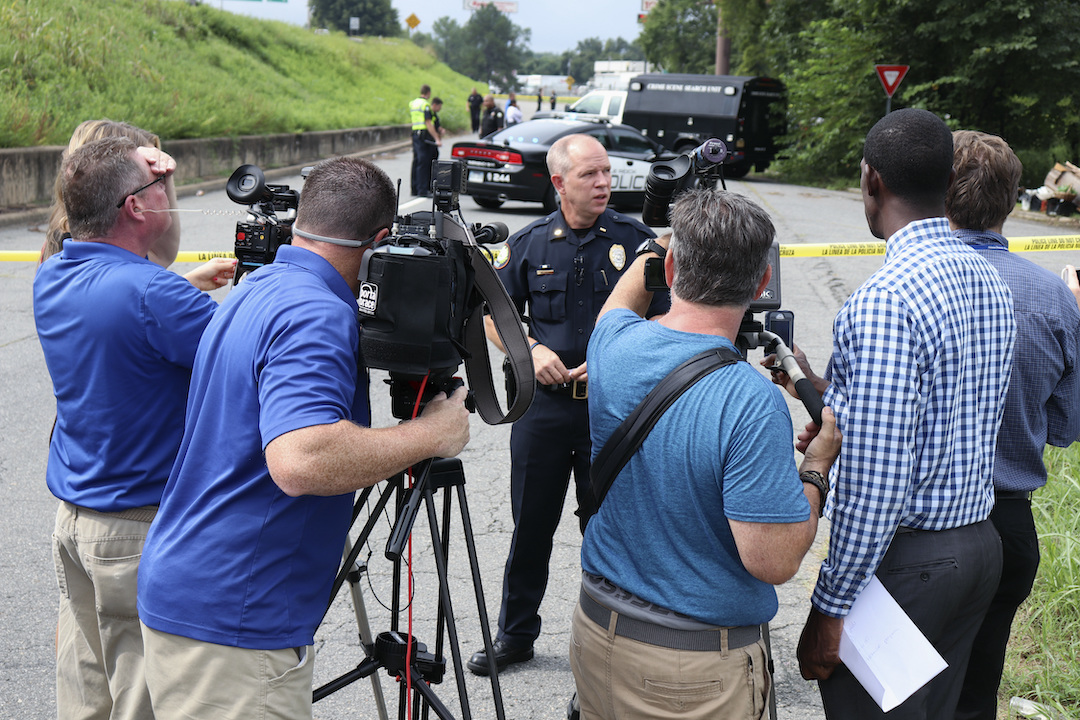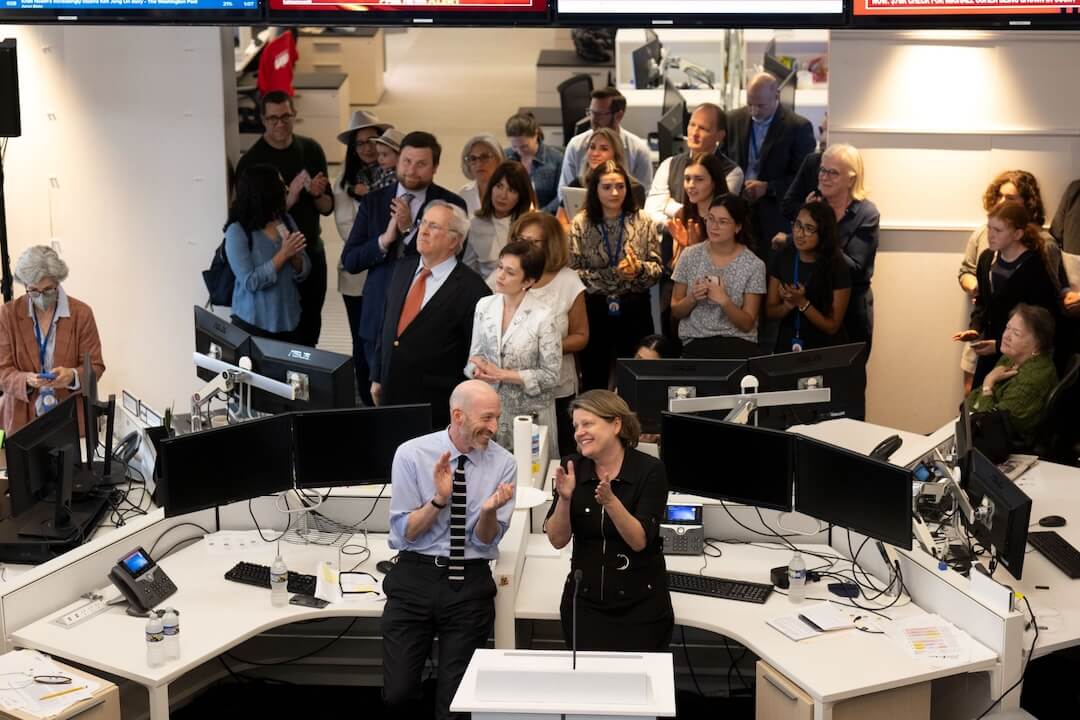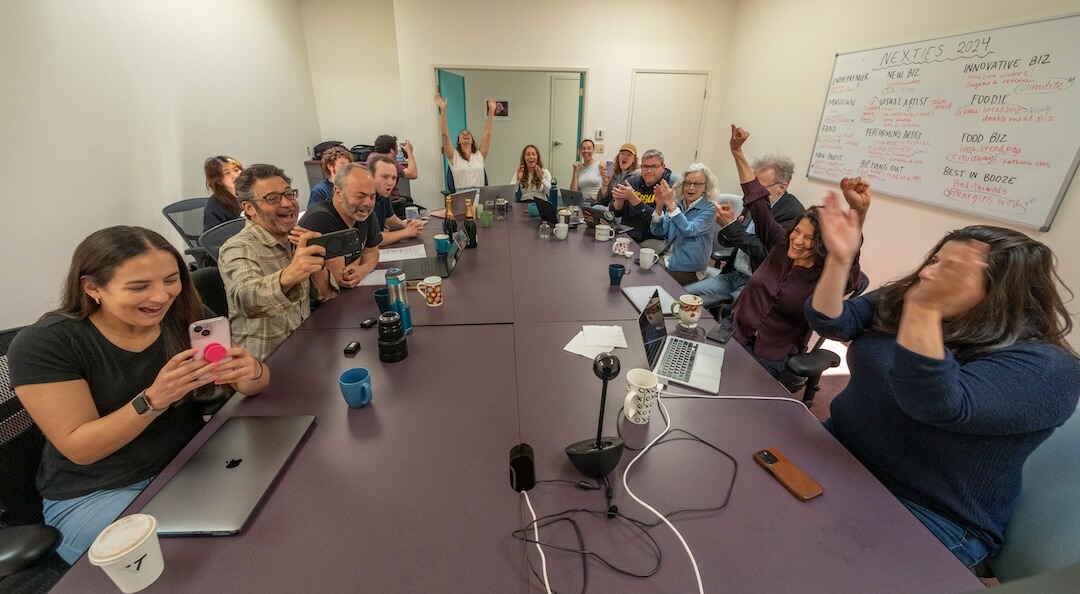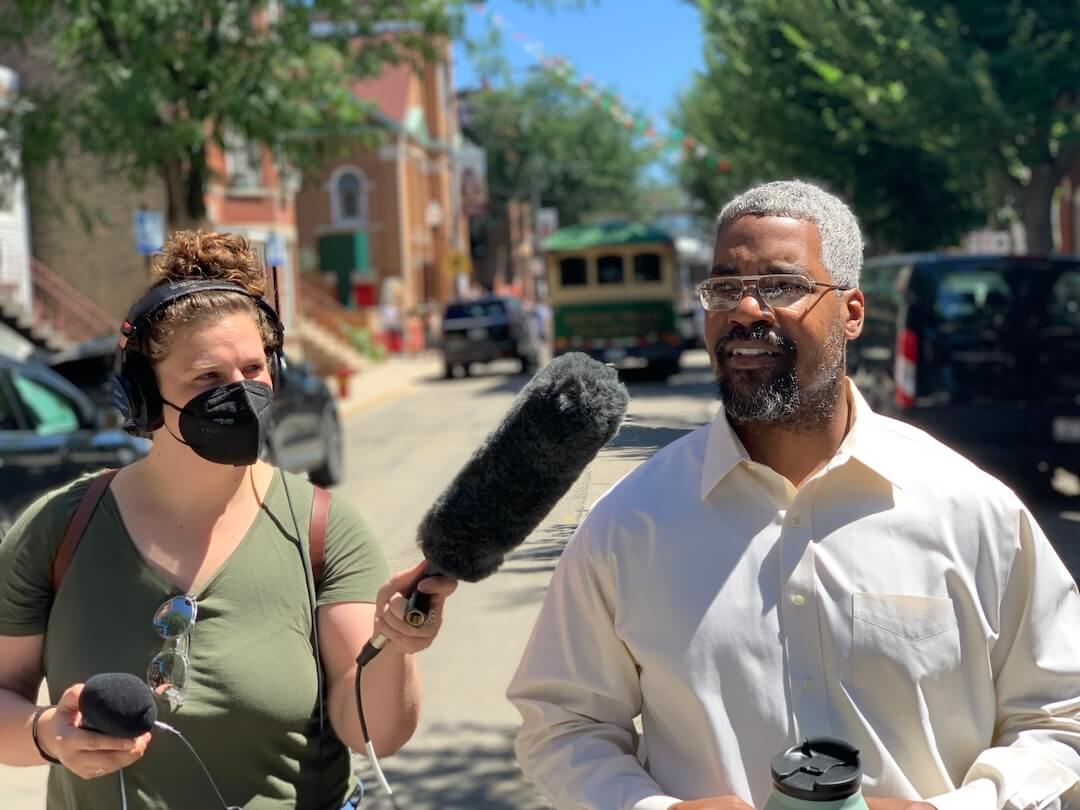Since early June, hundreds of thousands of protesters have flooded the streets of Hong Kong in an attempt to block an extradition bill that would allow criminal suspects from Hong Kong to be tried in courts in China.
Ever since the British returned Hong Kong to China in 1997, China has ruled the region under the principle of “one country, two systems.” This means that Hong Kong enjoys its own legal system, rights, chief executive, and mini-constitution separate from the rest of the country.
Chinese state media didn’t broadcast any footage of the protests until last week, when activists broke into Hong Kong’s legislative council building.
Prior to that, the state-run media outlet China Daily published misleading articles that downplayed the size of the demonstrations and falsely claimed these protests were against the United States. China is also suspected of having launched a cyberattack on Telegram, the messaging app used to mobilize protests in Hong Kong.
On CBS News, CNET senior producer Dan Patterson identified these actions as part of a “misinformation campaign” run by the Chinese government “against its own people to distort the realities on the ground.”
So what’s the situation like on the ground, and how is misinformation behaving within Hong Kong? The IFCN spoke with Masato Kajimoto, a media researcher and educator at the Journalism and Media Studies Centre at The University of Hong Kong.
The following interview has been lightly edited for brevity and clarity.
China hasn’t been covering the protests. Where do people in Hong Kong get their news?
Censorship is a way of life in mainland China and nobody in Hong Kong turns to the Chinese media to get any news here. Not at all. We have a very vibrant media landscape in Hong Kong and there are a lot of news sources.
As you can imagine, local newspapers, broadcasters and internet news media have been covering the series of events minute by minute, full steam. International news outlets are also free to cover anything they like. User-generated content on the internet abounds, too.
I would say many people are voraciously consuming the news from a variety of sources, although people tend to have their personal liking when it comes to editorial stances of news outlets. In any case, the mainland Chinese media is not a news source for people in Hong Kong at all.
How has misinformation been behaving amid the protests?
There has been all sorts of misinformation circulating among people in Hong Kong for the last month or so.
Online forums (Reddit-like services) like LIHKG and others are one such place (and very popular here), and so are many other chat apps from WhatsApp to Telegram.
Misinformation also spreads through open platforms like Facebook groups and pages, as well as through traditional news media when they report about “unverified” rumors (which sometimes turn out to be false).
What’s been the impact of this?
I would say none of the hoaxes or conspiracy theories so far have had any visible impact. In this particular political crisis, people tend to know clearly where they stand — people either support the movement and protesters or defend the police and pro-establishment camp.
In other words, people tend to share false stories, manipulated images and fabricated information when such misinformation is in line with their views, even though they are not necessarily convinced of the authenticity.
People also actively try to debunk stories that would be detrimental to their views if true — which is to say, in my observation, what is happening in Hong Kong’s informational space right now is a manifestation of political polarization.
It’s not the misinformation itself that is causing the social unrest. Spread of misinformation is simply one of the symptoms of a politically polarized society. It has little real impact because misinformation is not a determining factor in understanding what is going on.
In this politically charged atmosphere, how is misinformation being used to push certain narratives?
Different levels of actors are active on both sides to push their narratives.
State or government actors are obviously doing it for propaganda. Political activists also have similar goals. Internet trolls could be doing it for more clicks. Some pranksters might be trying to mess with the public opinion.
And some ordinary people who are sharing misinformation could be doing it because they genuinely think it helps their friends and families.
True or not, such information feeds into their confirmation bias because it often legitimizes their beliefs; it’s also very satisfying to attack the opposing views. So, there are a wide range of motivations from political ones to psychological ones.






